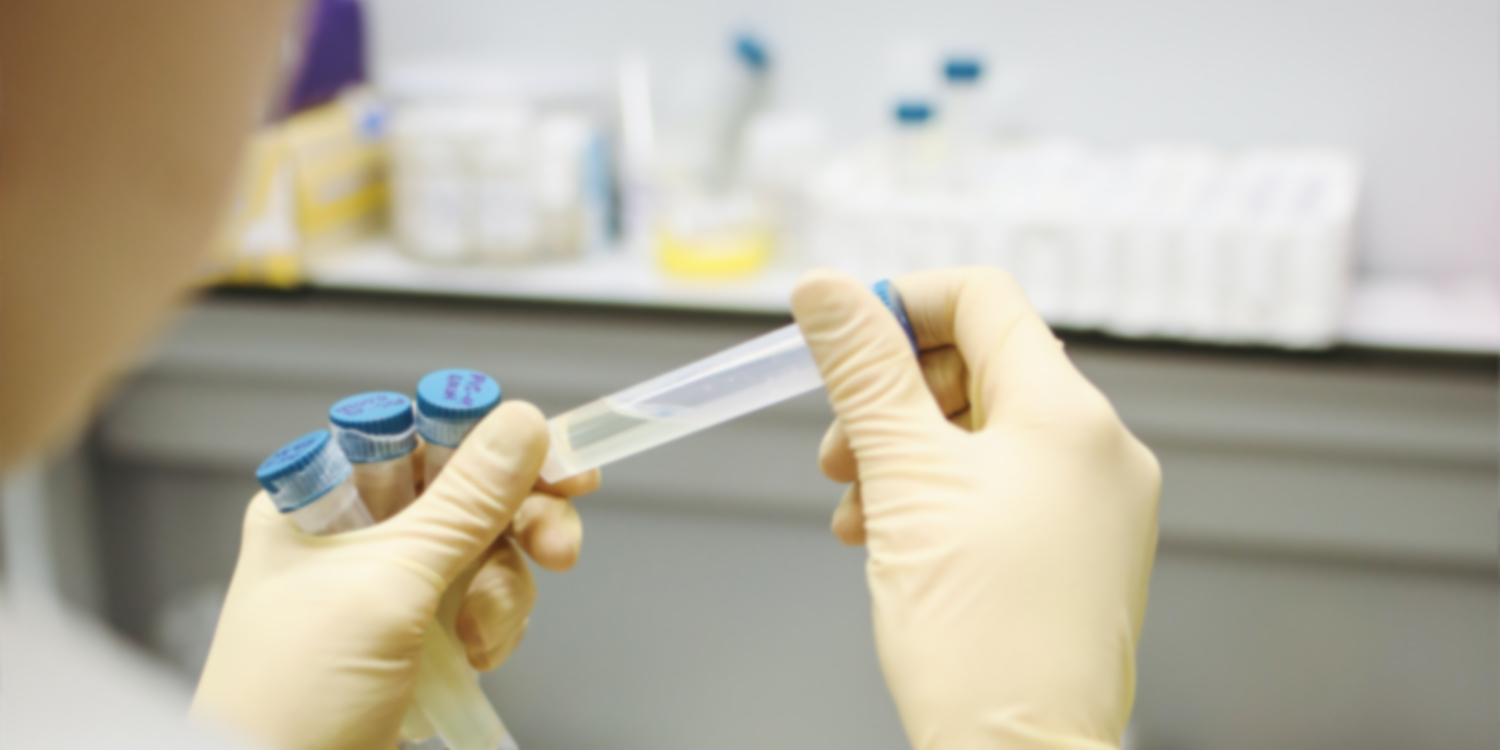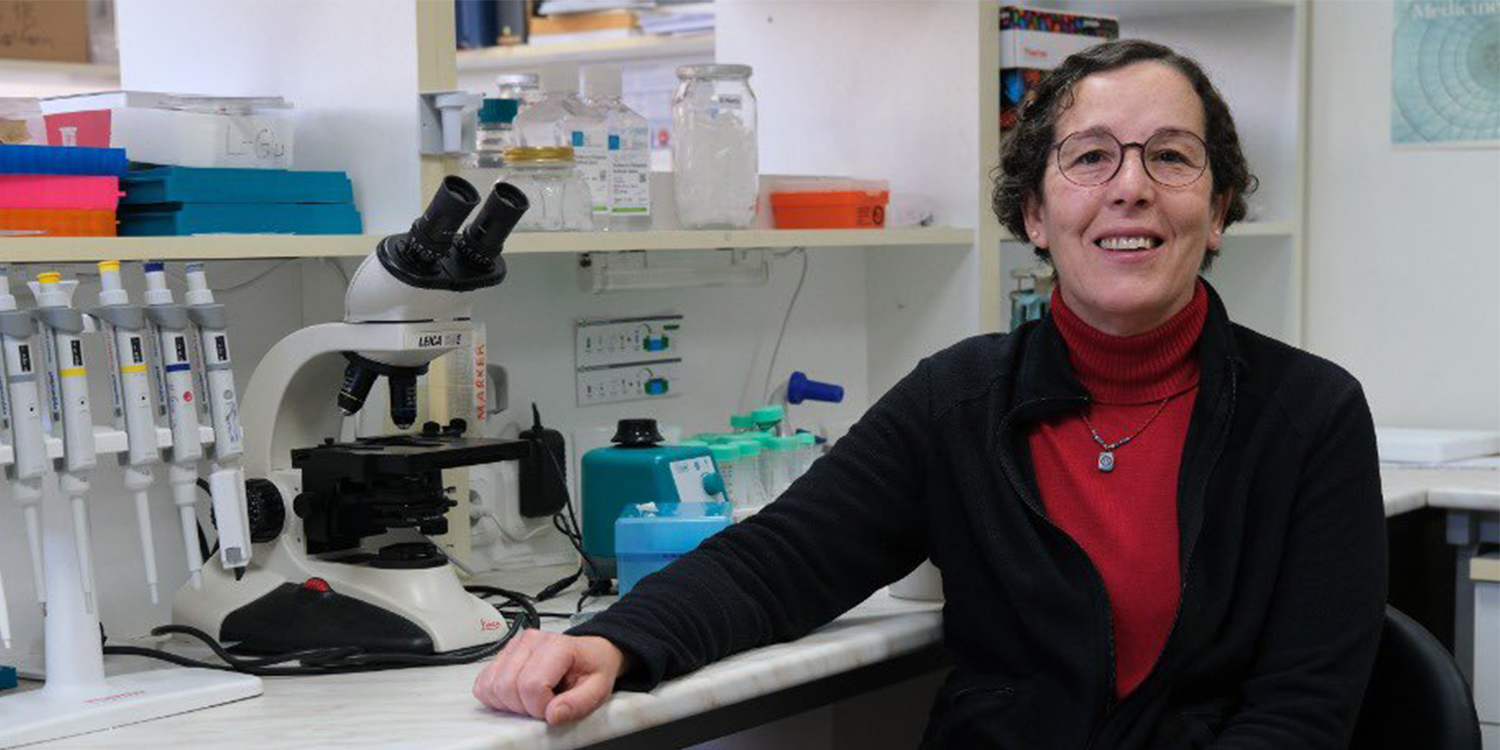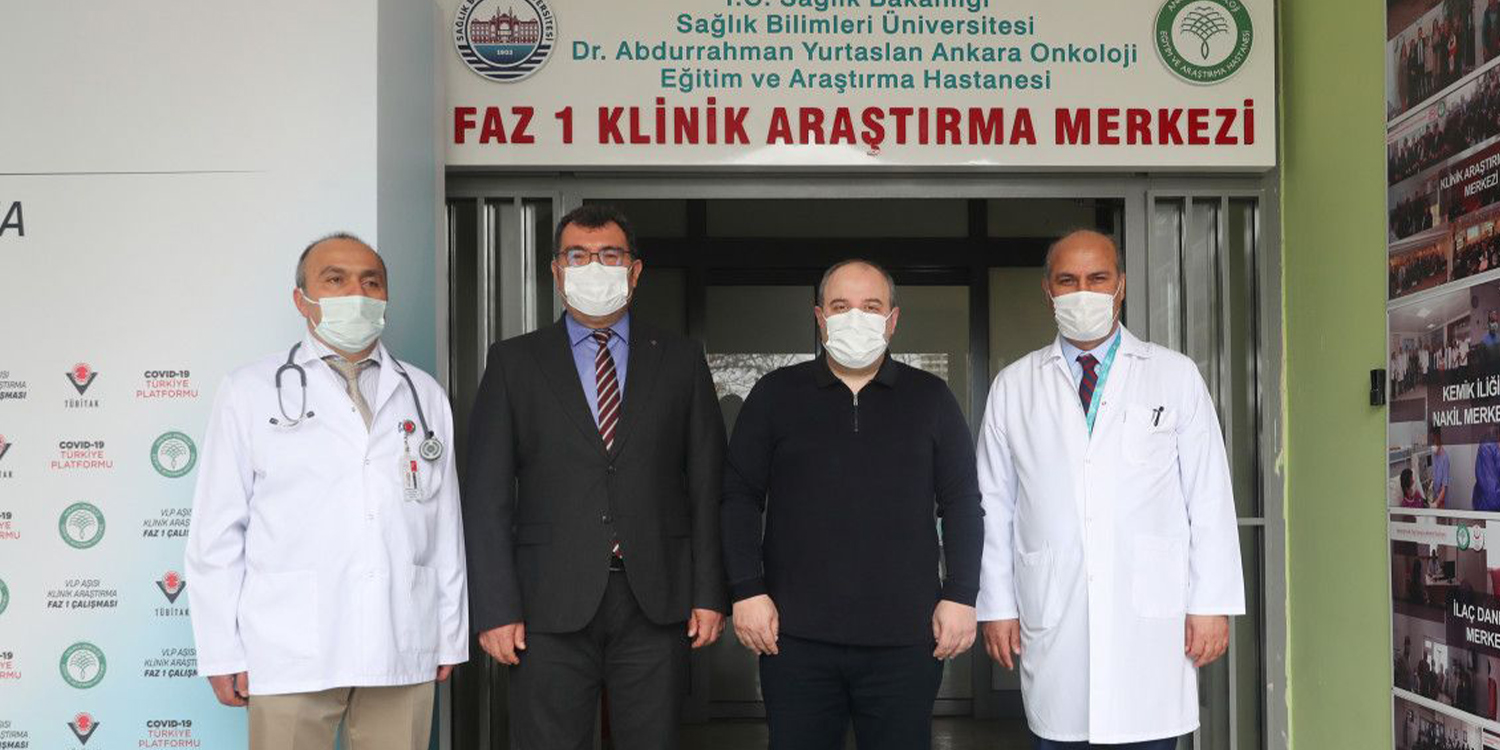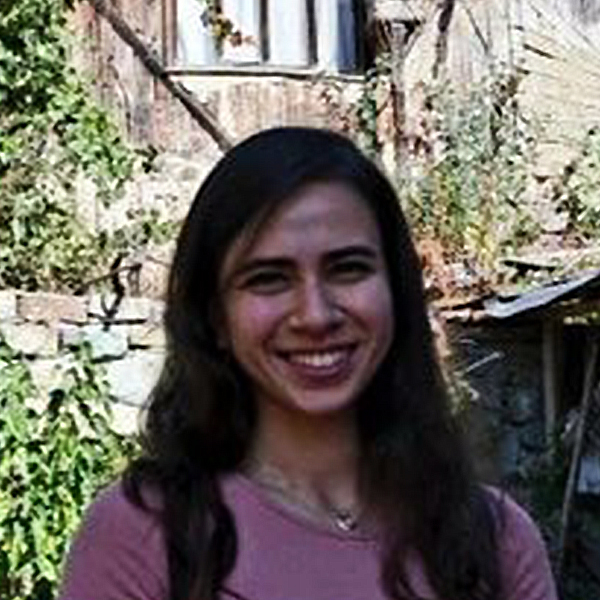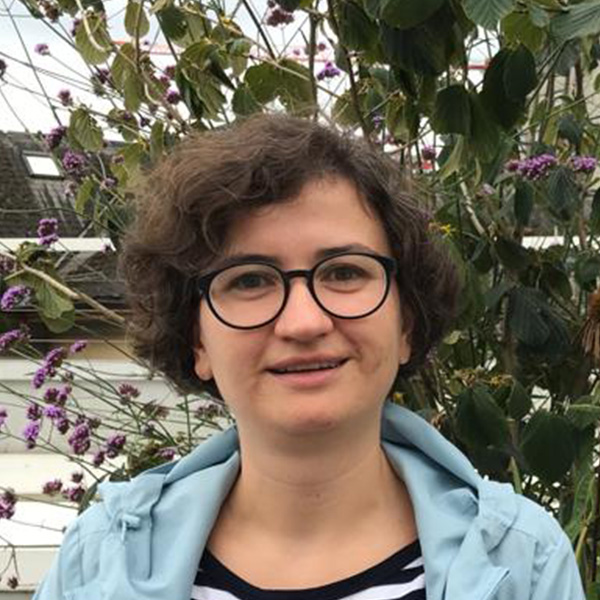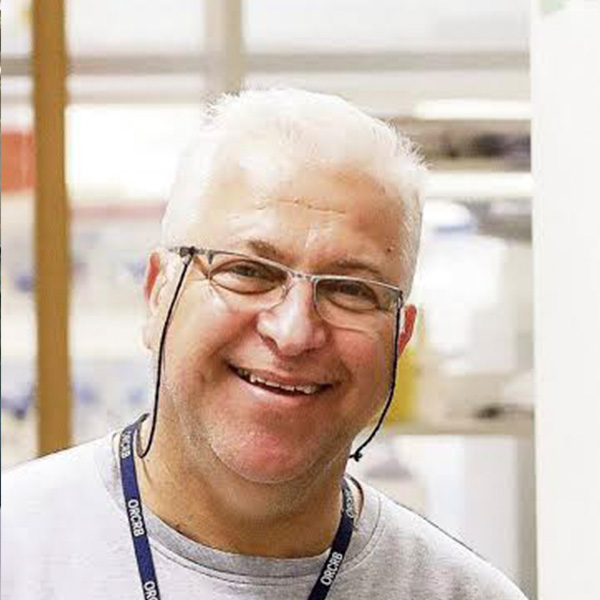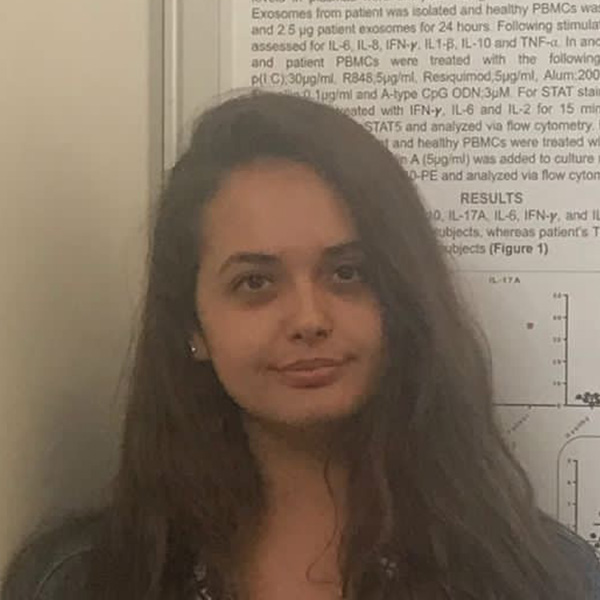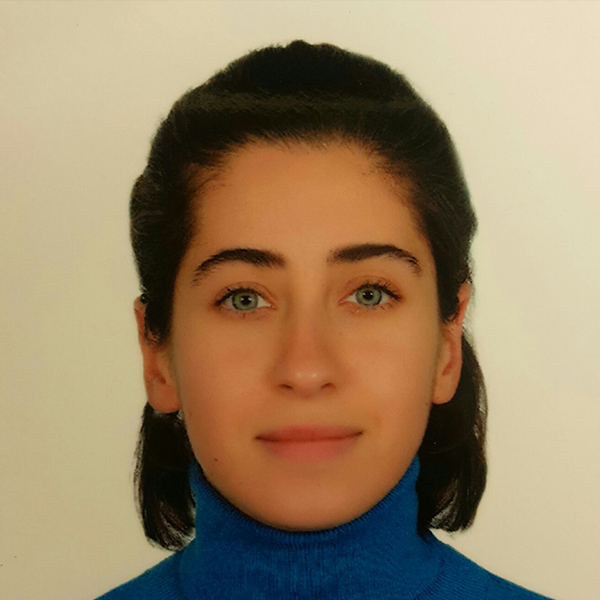METU-Bilkent-Hacettepe COVID-19 VLP Vaccine
- English
- Türkçe
COVID-19 VLP Vaccine
Developed by Prof. Mayda Gürsel (METU), Prof. İhsan Gürsel (Bilkent University) and their research teams.
VLP vaccine is supported under the TÜBİTAK COVID-19 Vaccine and Medicine Platform and developed as part of a joint project of METU and Bilkent University. As of June 26, 2021, the vaccine started to be applied to volunteers in the Phase-2 stage. Phase-2 will be carried out in 3 centers: Ankara Oncology Education and Research Hospital, Kocaeli University Faculty of Medicine, and Yedikule Chest Diseases Hospital with approximately 330 volunteers. A version of the vaccine developed against the British mutant will also be included in the trials. Those who want to volunteer can apply by filling out the "volunteer form" available at www.onkoloji.gov.tr and covid19.tubitak.gov.tr.
GENERAL INFORMATION
VLP stands for virus-like particles. They consist of viral structural proteins such as envelope and capsid proteins that assemble in vitro expression systems to form nanoparticles mimicking the conformation of viruses [1]. As VLPs do not carry any genetic material, they do not replicate and are thus considered a safe choice for vaccine development. VLP-based vaccines against the human papillomavirus (HPV) and hepatitis B virus (HBV) infections have already been approved by the FDA and are being used for prophylactic protection [2]. Other VLP vaccine candidates against the influenza virus or HIV are currently being evaluated in clinical trials [2, 3].
In addition to their safety, VLP-based vaccines present another advantage in adaptive immune activation over other vaccine candidates. The adaptive immune system is responsible for specific antibody production by B-cells to neutralize the pathogen and for activation of cellular responses that are carried out by cytotoxic and helper T-cells [1]. Once VLP vaccines are injected into the tissue, their conformation allows the robust activation of multiple B-cell receptors, increasing the cells’ capacity for antibody production. Furthermore, cells infected by an intracellular pathogen present their foreign proteins on their outer surface, which can be recognized by cytotoxic T-cells, thereby activating them to kill the infected cell [4]. By incorporating multiple viral structural proteins in VLPs, more epitopes specific to the virus are introduced to the immune system that can become potential targets for cytotoxic T-cells. Traditional vaccines such as inactivated virus vaccines also contain whole virus components. However, they might damage antigenic epitopes in the inactivation process and limit their recognition by B-cell and T-cell receptors.
Our VLP formulated vaccine candidate against SARS-CoV-2 is based on the expression and assembly of four structural viral proteins known as spike (S), membrane glycoprotein (M), envelope (E), and nucleocapsid (N). We transiently transfect suspension-adapted HEK293 cells and isolate VLPs from the cell culture media by multimodal chromatography purification. VLPs are then adjuvanted with both CpG oligodeoxynucleotides (ODN) and aluminum hydroxide. CpG ODNs enhance antiviral immune responses by polarizing the immune balance towards an antiviral helper T-cell subtype (Th1) [5, 6]. Th1 cells are capable of releasing IFN-γ, which is a limiting cytokine for viral replication but activatory for other immune cell recruitment such as macrophages or neutrophils. Aluminum hydroxide is a known potent adjuvant that has been used for decades in vaccine research and development [7]. Although aluminum induces high titers of antibody production, it also guides the polarization towards another subtype known as Th2, resulting in a different cytokine milieu than Th1. By formulating VLPs with both CpG ODN and aluminum, our vaccine carries the potential benefits of high antibody titers and Th1-balanced cellular immunity response.
We have started human immunizations within a phase I clinical trial (NCT04818281) specific to the Wuhan strain of the virus and advanced to phase II (NCT04962893) in three groups that are composed of immunizations against only Wuhan, only alpha (UK variant), Wuhan (1st dose) followed by alpha (2nd dose) strains. We are currently in the process of delta plus variant-based VLP production as preparation for the phase III clinical trial. A research article on preclinical studies of our VLP-based vaccine with the title “Development and Preclinical Evaluation of Virus Like Particle Vaccine Against COVID-19 Infection” is published in the Allergy journal. https://doi.org/10.1111/all.15091
[2]. Roldão A, Mellado MCM, Castilho LR, Carrondo MJ, Alves PM. Virus-like particles in vaccine development. Expert Rev Vaccines. 2014;9:1149–76.
[3]. Garg H, Mehmetoglu-Gurbuz T, Joshi A. Virus Like Particles (VLP) as multivalent vaccine candidate against Chikungunya, Japanese Encephalitis, Yellow Fever and Zika Virus. Sci Reports 2020 101. 2020;10:1–13.
[4]. Neefjes J, Jongsma MLM, Paul P, Bakke O. Towards a systems understanding of MHC class I and MHC class II antigen presentation. Nat Rev Immunol 2011 1112. 2011;11:823–36.
[5]. Klinman DM, Klaschik S, Sato T, Tross D. CpG oligonucleotides as adjuvants for vaccines targeting infectious diseases. Adv Drug Deliv Rev. 2009;61:248–55.
[6]. Weeratna RD, Millan CLB, McCluskie MJ, Davis HL. CpG ODN can re-direct the Th bias of established Th2 immune responses in adult and young mice. FEMS Immunol Med Microbiol. 2001;32:65–71.
[7]. Vogel FR, Powell MF. A Compendium of Vaccine Adjuvants and Excipients. Pharm Biotechnol. 1995. p. 141–228.

